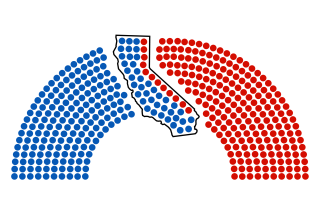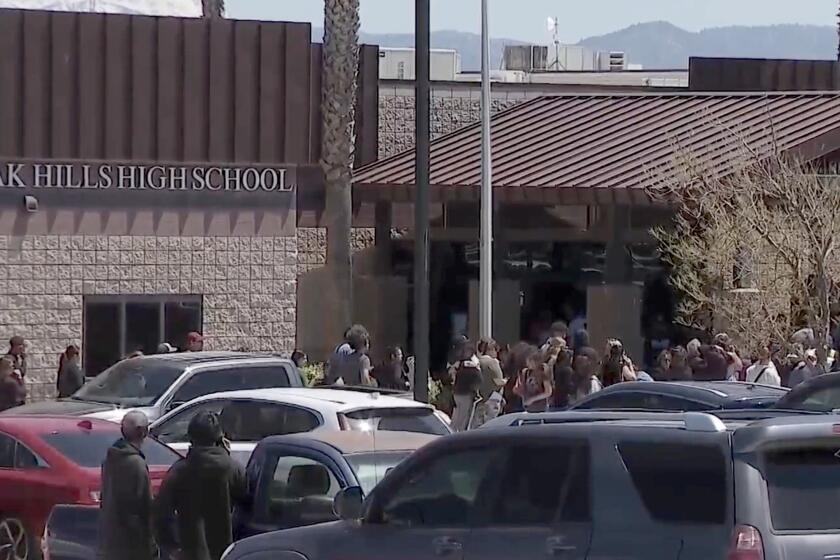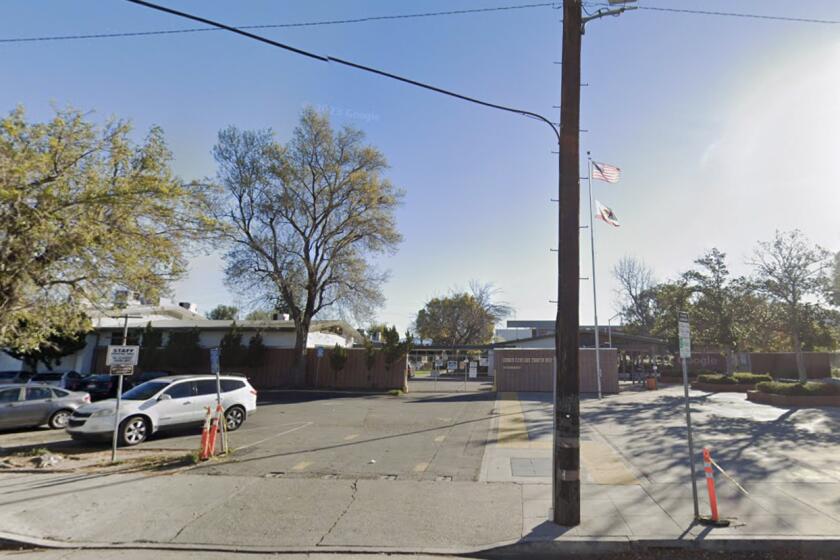California gubernatorial candidate Kashkari putting himself out there
As gubernatorial candidate Neel Kashkari campaigned around Los Angeles on Friday — three days after formally jumping into the race — he faced some hard questions from fellow Republicans.
Speaking at a conservative Lincoln Club luncheon at a verdant golf course in Valencia, Kashkari repeatedly answered challenging, if not hostile, queries about his lack of experience in elective office, his liberal social positions and his 2008 vote for Barack Obama.
The former U.S. Treasury official and asset fund manager did not always deliver the answers his questioners wanted, as he repeatedly returned to the themes that are the crux of his campaign — jobs and education — and his belief that his message can transcend partisan politics.
“I want good jobs, I want kids to get a good education,” he told fewer than two dozen Republican activists lunching on filet mignon salads in the clubhouse of the TPC Valencia golf course. “These are the most important issues in our state.”
Whether GOP voters can accept his explanations will at least partly determine how well he does in the June primary election.
Kashkari spoke with small-business owners and sampled a cheese pastry while greeting voters at Porto’s bakery in Downey before heading to Santa Clarita, where he introduced himself by laying out his biography and resume.
The son of Indian immigrants, he led the federal bank bailout as an assistant secretary of the U.S. Treasury, in addition to working in the private sector.
Immediately, the questions came.
Kevin Korenthal, a GOP activist who said he worked in public relations, noted that former Gov. Arnold Schwarzenegger, initially supported by Republicans in the heady race to recall Gray Davis, ultimately left many in the party disillusioned.
“Anyone who would meet Arnold Schwarzenegger would find him an imposing figure, yet when he got to Sacramento, he was railroaded through all of his polices,” Korenthal said. How could Kashkari prevail in a system where “even a so-called superhero-type figure was unable to make any real progress?”
Kashkari faulted Schwarzenegger for failing to engage with the state Legislature. He pointed to his own work on the unpopular taxpayer-funded bank bailout as an example of Republicans and Democrats working together.
“What I learned in Washington was: The executive branch and the legislative branch must work closely together,” Kashkari said. “The job of the executive is to focus attention on the biggest problem. [Currently] I see no leadership.”
On his Obama vote, Kashkari said that as a lifelong Republican, it was the only Democratic presidential ballot he had ever cast. At the time, he said, he was in the treasury department and saw that Obama was receiving better economic advice than his GOP rival, Arizona Sen. John McCain.
“I cast a ballot on the person who I thought was better equipped to handle the terrible economic crises of 2008,” he said. “I got duped.”
Attorney Hunt Braly wanted to know how Kashkari would withstand the scrutiny that felled 2010 gubernatorial nominee Meg Whitman, who had employed a nanny not authorized to work in the country.
Kashkari described his background — amicable divorce, no children, no nanny — and said he had checked the passport of his housecleaner. His background was vetted during his Senate confirmation hearing, he said: “I’ve been through the wringer before.”
Asked about his stance on social issues, Kashkari reiterated that he supports abortion and same-sex marriage rights, framing his positions as a libertarian world view.
“I just want government out of our lives,” Kashkari said. “I want you to decide what’s right for you and your families.”
In an interview after the event, Kashkari said the key to winning over voters — conservative or not — is authenticity.
“I think building relationships with real people and being open and honest and genuine, and letting them see who I am, is the best way to reach people,” he said, “and let them know I do care about their families having a better opportunity.
“At the end of the day, I need to be a good candidate.”
More to Read
Start your day right
Sign up for Essential California for news, features and recommendations from the L.A. Times and beyond in your inbox six days a week.
You may occasionally receive promotional content from the Los Angeles Times.







